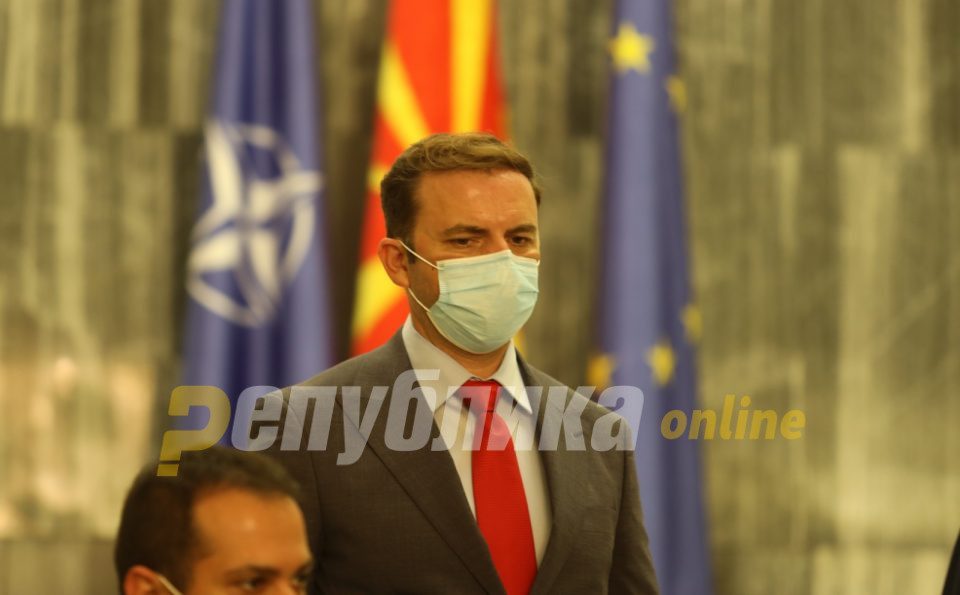Foreign Minsiter Bujar Osmani said that opening EU accession talks has become a moving target, as reports are coming that the EU may allow Albania to begin talks, while keeping Macedonia stuck. Discussing the burning issue of Albania possibly “decoupling” from Macedonia and opening accession talks while Macedonia remains stuck, Osmani reminded that the issue was discussed in the past, when it seemed that Macedonia is ahead and Albania is dragging it down.
Our position then was that we move at the principle of a regatta, and all ships move at the pace they set themselves. But, this is not an issue of whether Albania should open accession talks, it’s whether it can be allowed that Macedonia does not open accession talks, even though it met all criteria and became a litmus test of European credibility, with the eyes of the citizens of Kosovo, Serbia, Bosnia and Montenegro turned toward us, Osmani said.
Osmani, who is an ethnic Albanian, was accused in the past of not pushing to have Macedonia decoupled from Albania and open accession talks sooner. The issue is now turned on its head – whether Macedonia’s top diplomat will work to have the countries coupled and point to the dangers of keeping one country stuck for a longer period of time if the others are allowed to move ahead, or if he would support Albania’s interest to open accession talks.
Bulgaria is blocking Macedonia from opening EU accession talks as it demands major concessions on issues of national identity and history, and now the talks are complicated even further as Bulgaria is without a Government. Osmani assured Bulgaria that, if it allows the accession talks to being, it will still have 150 to 200 chances to block Macedonia further down the road, whenever major decisions in the process need to be made.
Given my experience from the past, I can’t predict the outcome of the June summit. Sometimes I get the feeling of a moving target – as soon as we meet one criteria, another issue appears. But looking at the windows of opportunity, in June/July, November/December and in March next year, somehow this first looks more promising, which was unfortunately complicated with the unpredictable developments in Bulgaria, Osmani said.




Comments are closed for this post.